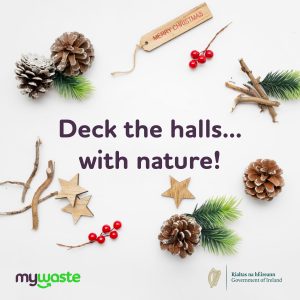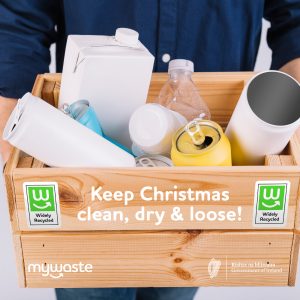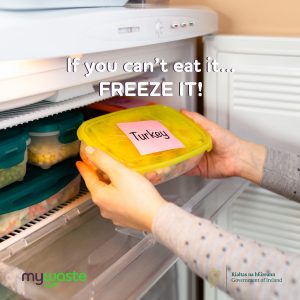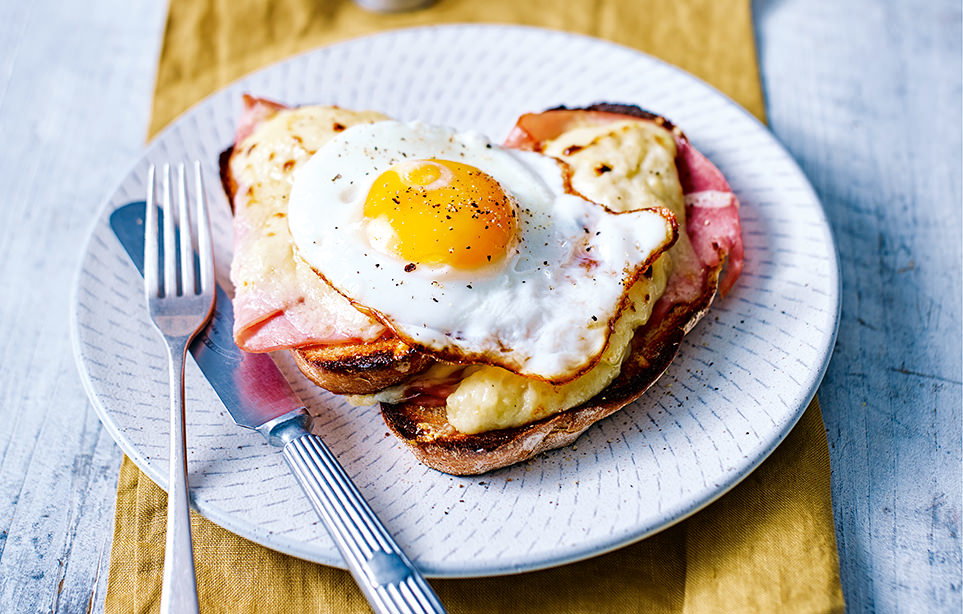Christmas, as we all know, is a Christian holiday but over time some of the traditions have been adopted by many others with the exchanging of gifts being the most popular of these.
Although trends and tastes in gifts may change, the gesture of obtaining, preparing, and presenting something of value to loved ones is something that has been honoured by people all over the world as part of celebration for thousands of years.
In today’s society, more than ever before, giving presents to one another forms a central part of the festivities, with many dedicating a lot of time and effort to the custom.
Gift giving is such a widely celebrated event in the Western world that huge industries have grown up around it — billions are spent every year creating, marketing, and distributing products that people can buy for one another.
But, are you aware of how exactly this tradition started and what it actually means? We feel it’s important that we bring it back to this so that we all realise that it has meaning and significance, it’s not just a tick box exercise which makes us buy stuff for the sake of it.
The tradition of gift giving came long before the founding of Christianity, with roots in the festivals of the ancient Romans — in particular the festival of Saturnalia, where thanks were given to the bounty provided by the agricultural god Saturn.
To Christians, the gifts given at Christmas are symbolic of the tributes made to the baby Jesus by the Three Wise Men after his birth during the story of the Nativity.
As time passed, Christianity spread as trade routes were established and new territories were converted to the religion and in 1610 The Pilgrims brought this tradition to The New World.
Christmas in the 20th Century became a phenomenon; with the decoupling of church and state in the USA the rationale behind the gift giving got a little lost and it has become more about the material aspects, decorating our homes, buying gifts and over indulging on food. Thanks to globalisation this has now become the case for the rest of the world too.
[Many other religions also have traditions of gift giving, we're just highlighting one example here]
The best gifts don’t need wrapping
Today we are more conscious of the results of our decisions on our environment and how they can affect climate change so while we still want to give gifts we are torn.
We have a few pointers which may help you to show your loved ones that you do care while also helping to ease your conscience that you’re doing what you can to reduce your environmental impact.
We’ll try to create a list that goes from best to worst option but all of these options are better than buying something for the sake of buying.
- This is a tough one and not really an option for most of us……don’t buy anything, simply this is the very best thing you can do but who wants to be labelled Scrooge or the Grinch for Christmas. Ok ok, we know that this one isn’t going to happen so pause before you purchase and think….do they really want this?
- Buy an experience – this can be from something as simple as cinema vouchers to a hot air balloon ride [weather permitting]. Is there something that you’ve wanted to try but haven’t plucked up the nerve, a gig you want to go…..why not get this experience for a loved one and you can do it together! By doing this you are also making future plans to spend time with the person who receives the gift which can be as good as the gift itself. Another great advantage of buying experiences is that you can help to support local and small businesses.

- You could buy a toy club subscription, these clubs help to eliminate waste and unnecessary spending with a monthly toy box delivery of four toys each month for the kids which then go back for cleaning and sanitisation and go back into the delivery rotation again:
- Shop local – rather than doing all of shopping online please get out and support local. This also brings about the debate of shopping in person or online and delivery and which method will produce the greatest emissions? Researchers in the UK highlight that this is a very complex issue but that in general purchasing online and collecting in-store created fewer emissions than traditional or old school shopping.
- Visit Christmas markets where you can find some really unique gifts, keep an eye on local news for ones popping up in your area.
- Do some research and purchase eco-brands, we’ve highlighted a few online store here:
- For us bigger kids, rather than buying gifts for friends, arranging a really nice meal or starting a tradition of going to a gig or to see some theatre, you’ll probably be getting together to exchange gifts so planning a future event means another chance to hangout again.
Deck the Halls
- Invest in good quality decorations to form a base, then if you do want to change things from year to year you can minimise the amount you’ll need to get.
- Bring the outside in, nature can provide some beautiful decoration for free but make sure to just take clippings or pick up cones which have fallen off trees.
 Wackers for Crackers
Wackers for Crackers
- Millions of Christmas crackers are pulled each year. They are full of plastic and go in the bin after being used for only a few hours. Avoid them where possible or find a reusable option – invest in a good joke book that will last you for years to come!
- You can always invest in reusable crackers which are now widely available and you can fill them with whatever you like.
That’s a Wrap
- Rather than wrapping everything in paper which is going to be ripped to shreds and thrown in the recycle bin use gift bags and these can be reused year after year.
- Get creative, use old newspapers, magazines or even books [which can’t be passed on] as wrapping paper.
- Try find paper which can easily be recycled, avoid anything shiny or that makes crinkly noises, we’ve noticed in the last few years that a lot of patterned brown paper is now commonly available.

We might be doing some more online shopping this year which often has more packaging than we want or need, please ensure to recycle this by placing it clean, dry and loose into your recycle bin along with all of the other items. For some of the larger packaging you may have that will not fit in your bin at home it can be brought to your local civic amenity site.

You can use our waste services locator to find your local bring bank or civic amenity site.
If you can’t eat it…….store it correctly
For many of us the best part of the festivities is the food, not just the main meal itself but the leftover turkey and stuffing sandwiches. But even eating as many sandwiches as possible there are many other parts of the traditional festive feast that are often unnecessarily left to go to waste, due to either being thrown away or not stored correctly. Our food waste increases over the holiday as we tend to over stock the fridge and cupboards but a lot of this wastage can be avoided by simply storing food correctly, here are a few tips for your Christmas leftovers:
Turkey - Cover your turkey tightly with foil or cling film, or store in a sealed bag in the fridge for no longer than three or four days. You can also freeze it but be sure to do this as soon as possible, it will be perfect for reheating over the coming weeks.
Gravy - Since gravy shouldn’t be stored in the fridge for longer than a day, leave it to cool and then pour into ice cube trays to be used in recipes like stews and shepherd's pies.
Mince Pies - These crumbly sweet snacks can be enjoyed for months after Christmas if stored in airtight containers in the freezer. You can even use them to make other desserts, such as mince pie cake or mince pie crumble.
Carrots - These could easily be made into a soup by adding vegetable stock and a few herbs and spices, perfect light snack for Christmas night when you get peckish.
Sprouts - Love them or hate them they always end up on our Christmas plates, they can be stored in an airtight container in the fridge for three days and made into dishes such as colcannon. They can also be frozen in sealed bags for up to 12 months - which could even save you buying them next year!
Christmas Pudding - They will keep for two weeks in the fridge, or up to three months in the freezer, and can also be made into many other delicious desserts. Cut the cake into portions and freeze in zip-locked bags, and then defrost either overnight or in the microwave as and when that sweet craving hits!
Roast Potatoes - Roasties are a staple of Christmas dinner, covered with foil or stored in an airtight container in the fridge and they will last a couple of days. They can then be slowly warmed in the oven, mashed, or fried as a side dish for meals, or made into delicious dishes like potato and stuffing hash and patatas bravas.

For more food hints and tips over the holidays and for the rest of the year make sure to check out www.stopfoodwaste.ie
Author - Declan Breen

